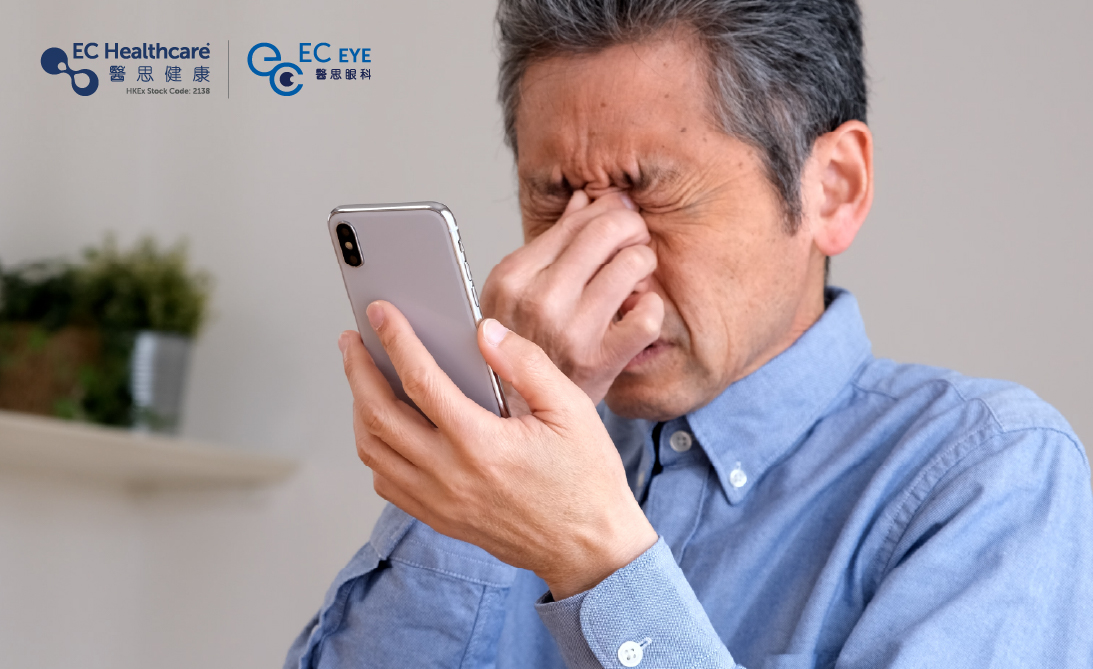Rise in Dry Eye Syndrome Linked to Daily Smartphone Use - 3 Nutrients for Relief


In today's tech-driven world, our reliance on smartphones, computers, and TVs has led to a dramatic increase in dry eye syndrome cases. Even children as young as 10 are experiencing this worrisome condition.

Dry Eye Syndrome: Not an Overnight Occurrence
The primary causes of dry eye syndrome are inadequate tear production or increased evaporation. Our eyes are protected by a tear film, and various glands around the eyes play a crucial role in maintaining its moisture. Some glands secrete tears, while others produce oils to keep the tear film lubricated. When any of these glands experience abnormalities, it can lead to the onset of dry eye syndrome. Unhealthy eye habits, such as prolonged and close-range device use, infrequent blinking, and inadequate lighting conditions, contribute to the development of dry eye syndrome. It is crucial to understand the underlying causes of your dry eye condition before attempting to self-treat with over-the-counter eye drops. Misusing these products can not only fail to improve the issue but also potentially harm the eyes.
Improving Eye Health with 3 Essential Nutrients
Lutein: Leafy greens like kale and spinach, as well as vibrant fruits like pumpkin and kiwi, are rich sources of lutein and zeaxanthin. These antioxidants help the eyes absorb excessive blue light, providing protection against damage and strengthening the macula's defense against free radicals, reducing the risk of eye disorders.
Vitamin E: As an antioxidant, Vitamin E protects the retina and eye cells from oxidative stress. Avocado, almonds, and cashews are excellent sources of Vitamin E.
Omega-3 fatty acids: Enhancing the body's antioxidant capacity, Omega-3 fatty acids reduce the chances of inflammation or damage to the glands, preventing abnormalities in their secretory function. Flounder, salmon, walnuts, and flaxseeds are rich in Omega-3 fatty acids.
Seek professional help from an ophthalmologist or optometrist if you experience dryness, fatigue, itching, burning, stinging, redness, swelling, light sensitivity, or heavy eyelids. These symptoms may indicate dry eye syndrome, and early detection and treatment are crucial. Additionally, regular eye examinations are recommended to ensure optimal eye health and address any discomfort promptly.









